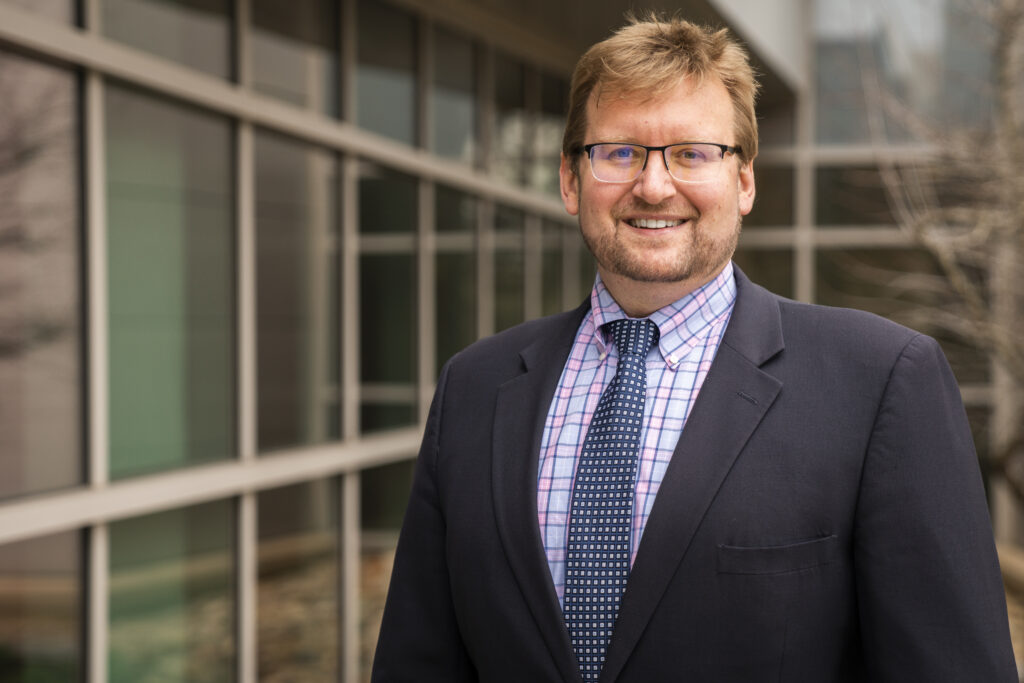Interagency Working Group on Coal and Power Plant Communities and Economic Revitalization (Energy Communities IWG) Director Brian Anderson, Ph.D. last week participated in a study group session hosted by Harvard University. The session, titled “The Roles of Private & Public Funding,” focused on challenges coal communities often face when it comes to financing their energy transition efforts and ways to address those challenges.
Dr. Anderson spoke about the historic investments available to coal communities through the Bipartisan Infrastructure Law and Inflation Reduction Act. Programs support a wide range of economic revitalization efforts including workforce development and diversification, environmental clean-up, and reclaiming legacy energy assets.
“Over the past few decades, we’ve seen the impact the decline of the coal industry is having on rural communities and energy workers. Local economies are strained, and people are struggling to find good-paying jobs. Recent federal legislation makes available funding and resources to ensure an equitable clean energy transition occurs in American, meaning no communities are left behind,” said Dr. Anderson.
Dr. Anderson was joined by Baylen Campbell, Director of Community Impact at Invest Appalachia, and Vonda Brunsting and David Wood from the Initiative for Responsible Investment at Harvard Kennedy School.
“A special thank you to Harvard University for having me and for hosting such a timely and important study group,” said Dr. Anderson. “Together, we can revitalize the economies of our nation’s energy communities and set them up for future economic success for generations to come.”
The Future of Coal Regions Study Group, which runs from February 7 through March 24, 2023, is co-sponsored by the Belfer Center’s Environment and Natural Resources Program and the Wiener Center’s Reimagining the Economy Project. The study group is designed for Harvard students to learn and share knowledge about the challenges facing coal-producing regions, identify opportunities for overcoming these challenges, and foster connections between students, faculty, and affiliates. The group will focus on coal-producing regions around the world, but the discussion is expected to generate insights applicable to other fossil-fuel-producing regions.
Established by an Executive Order during President Biden’s first week in office, the IWG is pursuing a whole-of-government approach to create good-paying union jobs, spur economic revitalization, remediate environmental degradation and support energy workers in coal, oil and gas, and power plant communities across the country. The IWG supports the Administration’s goals of a carbon emission-free electricity sector by 2035 and economy-wide net-zero emissions by 2050.

 )
or https:// means you’ve safely connected to
the .gov website. Share sensitive information only on official,
secure websites.
)
or https:// means you’ve safely connected to
the .gov website. Share sensitive information only on official,
secure websites.

